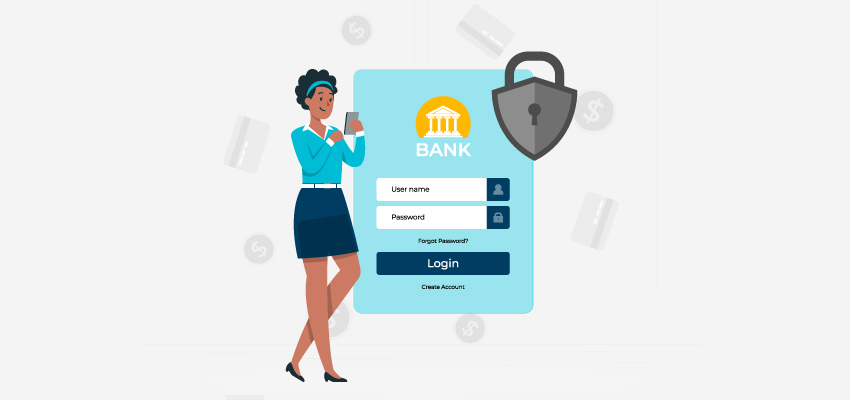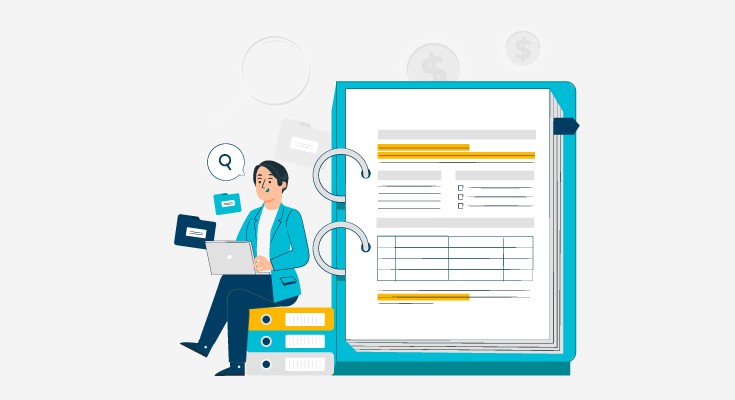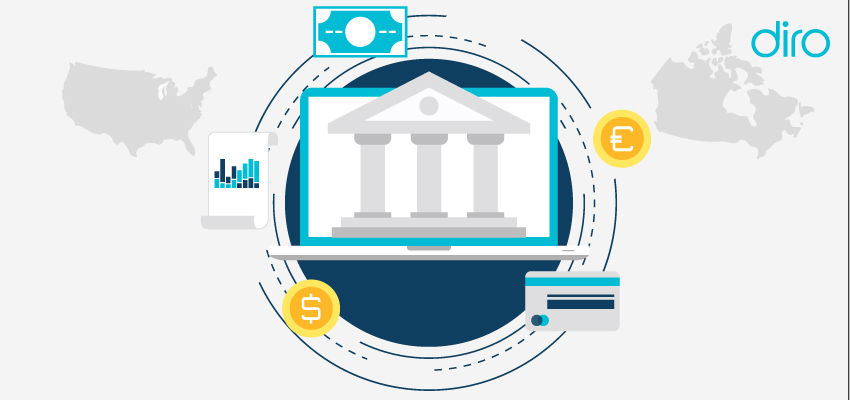Fraud isn’t just “on the rise”; it’s growing at an unprecedented rate, and most businesses don’t know how to handle it. In just 2024 alone, the U.S. FTC reported that consumers lost over $12.5 billion, up 25% from 2023.
On the B2B side, 79% of organizations faced attempted or actual payments fraud in 2024, with check fraud and business email compromise still biting hard.
Checks still is one of the biggest targets for fraud: 63% of organizations encountered attempted or actual check fraud in 2024, while ACH fraud rates were materially lower by comparison.
With all that data, it’s clear that bank account verification isn’t just a ‘nice to have’, but a must-have. In this blog, we’ll break down how bank account verification, balance and audit conversion prevent financial fraud and how businesses can implement it in their pipeline.
What is bank account fraud?
Bank account fraud includes any misuse of bank credentials or account facilities to steal money or launder it. Typical patterns: stolen or fabricated account/routing numbers, synthetic identities opening new accounts, mule accounts used to move illicit funds, and altered or fake bank statements presented during onboarding or disbursements.
The surge in AI-aided social engineering and identity fabrication makes these attacks faster and more convincing.
What is bank account verification?
Bank account verification confirms that a bank account exists, can be debited/credited, and is owned by the party claiming it. Depending on the method, it can also check balances, historical transactions, and ownership signals pulled via bank APIs, open banking connections, or secure document capture.
In the U.S., NACHA requires account validation for first-use WEB debits as part of a “commercially reasonable” fraud detection program; ownership verification goes a step further and ties the account to the actual user.
7 Ways Bank Verification Prevents Fraud
Stops invalid or mistyped accounts at the gate
Before any transaction happens, bank account verification confirms the account/routing combo is real and “debit-capable.”
That blocks mistyped bank account errors and opportunistic use of non-existent accounts that would bounce and create chargeback risk. This also aligns with NACHA’s Account Validation Rule for online debit origination.
Reduces check exposure by routing to ACH with verified accounts
Checks continue to be the fraud magnet. Shifting disbursements from checks to ACH after verifying the counterparty’s account lowers exposure. AFP data shows check fraud outpaces ACH fraud by a wide margin (63% vs. 38% for ACH debit fraud).
Ownership checks throttle synthetic identity and mule activity
It’s not enough to confirm that an account exists. Businesses need to take a step forward and confirm that the owner of the account is the one currently using the account. This helps counter synthetic identities and mule accounts that fuel scams and money laundering.
Identity-fraud pressure is rising sharply; tying identity to bank ownership is one of the most reliable friction points.
Prevents fake and altered bank statements at onboarding
Attackers still love to use uploaded doctored PDFs to pass manual reviews. Verification that sources data directly from banks (or captures tamper-evident, bank-originated data) neutralizes altered statements and reduces manual ops overhead.
Compliance alignment for WEB debits and broader KYC/AML
NACHA requires first-use account validation for consumer WEB debits. Also, regulators and auditors increasingly expect controls that are “commercially reasonable.” Automated account verification documents that control and strengthen your KYC/AML story for auditors.
Faster, safer payouts and refunds
Real-time or near-real-time verification supports instant payouts without inviting instant regret. By confirming account status and ownership, you reduce reversals and post-disbursement investigations, which spike when fraud volumes rise.
Industry pulse surveys show rising fraud attempts and losses across banks and fintechs, so front-loading verification pays for itself.
Using a specialized solution: DIRO Bank verification Solution
DIRO provides instant bank account verification, with coverage across 195 countries and 44,000 banks, and can verify ownership and statements as part of KYC/KYB/AML workflows. For teams fighting fabricated bank data at scale, DIRO’s “Internet Original Document” approach helps detect tampering and accelerate approval flows.
How can businesses implement bank verification pipelines?
- Map risk by use case – For businesses to reduce fraud, they need to build separate flows for vendor onboarding, customer payouts, loan servicing, and marketplace seller activation. Don’t force the same checks everywhere. High-risk flows (first disbursement, limits increase, account changes) get stricter verification and rechecks.
- Choose your verification method mix. Combine account/routing validation, ownership matching, balance checks where needed, and document-based verification as a fallback. Use open banking or direct-bank APIs when available; fall back to microdeposits only where necessary. Align to NACHA’s requirements for first-use WEB debits.
- Orchestrate with step-up logic. Start with passive signals and database checks, step up to real-time bank API verification if risk signals fire (velocity, device mismatch, identity model score, cross-account linkages).
- Automate decisioning and auditing. Log verification results, response payloads, timestamps, and user/account IDs. Store immutable evidence for audits.
- Re-verify on sensitive events. Trigger rechecks for bank account changes, large first payouts, dormancy breaks, or repeated failed debit attempts.
- Educate users and cut checks where possible. Where you can move users from checks to verified ACH, do it. The delta in fraud exposure is not theoretical.
- Monitor outcomes. Track false positives, time-to-first-payout, return/NOC rates, and fraud write-offs. Expect to see fewer returns, lower check volumes, and improved payout speed.
FAQs
What’s the difference between account validation and ownership verification?
Validation checks whether the account/routing numbers are real and can be debited; ownership verification confirms the person or business claiming the account truly owns it. NACHA mandates validation for first-use consumer WEB debits; ownership checks are a stronger fraud control but not mandated by NACHA.
Do I still need microdeposits if I use open banking APIs?
Not necessarily. Open banking connectivity or vendor APIs can instantly confirm account status and ownership. Microdeposits are now a fallback where direct connectivity doesn’t exist or where you need a second factor.
Will verification hurt conversion?
It doesn’t have to. Friction comes from poor UX, not from verification itself. Done well, instant verification reduces abandonment versus manual document uploads, and it prevents painful post-onboarding reviews. Experian’s global research shows consumers drop out when onboarding feels clunky; instant verification counters that without sacrificing risk control.
Where does this help the most: onboarding or payouts?
Both. At onboarding, you block fake/mismatched accounts and stop synthetic identities from getting through. On payouts, you avoid misdirected funds and reduce reversals. Given the 2024–2025 surge in fraud attempts and check fraud, verification on first payout and account changes is a high-ROI control.
We operate in the U.S. only. Is NACHA compliance enough?
NACHA validation is a baseline for WEB debits. You’ll still want ownership verification, rechecks on sensitive events, and monitoring. Fraudsters don’t care about your compliance scope; they care about your easiest gap.
Conclusion
Bank account verification is one of the few controls that both tighten risk, improve customer experience, and speed up transactions. Businesses that build it into the onboarding and payout changes pipelines tend to step it up where risk spikes, log everything, and retire checks wherever you can.
And if you need coverage beyond your home market with evidence-grade outputs, solutions like DIRO Bank verification Solution can compress verification from days to minutes while deterring doctored documents and fake ownership claims.

















